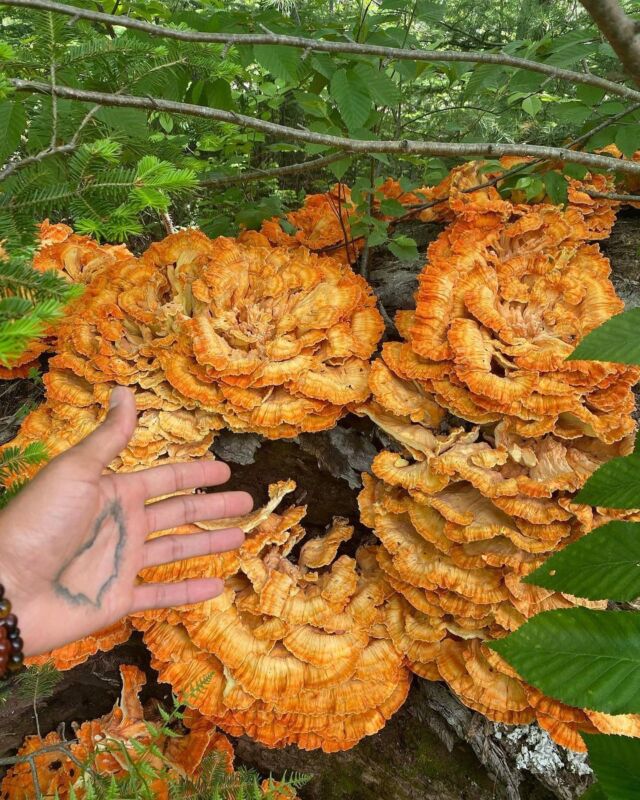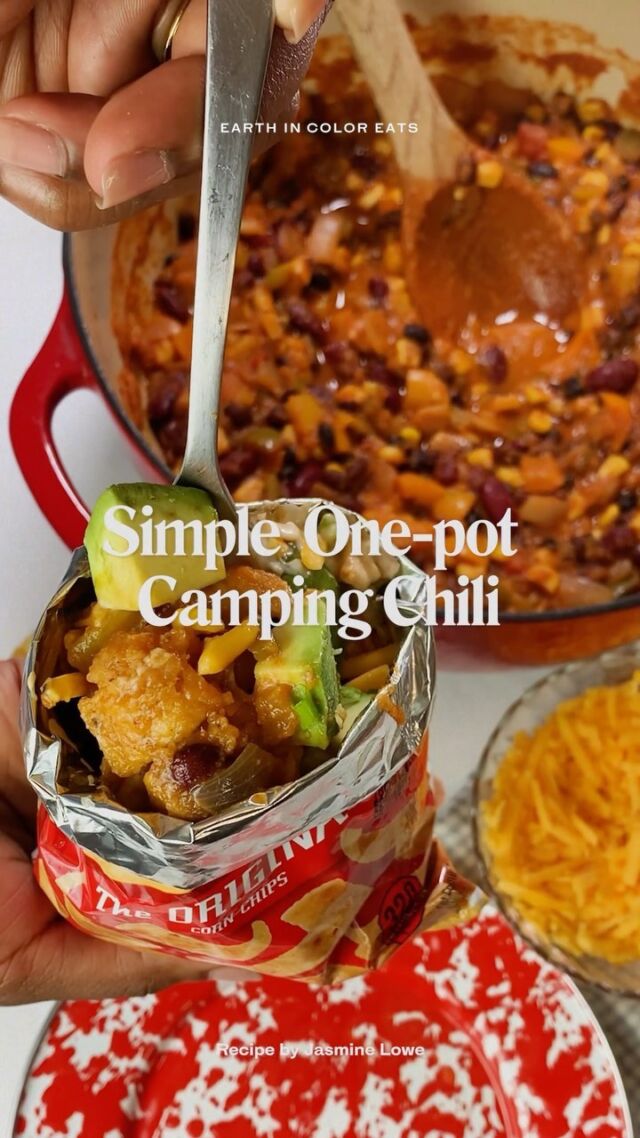Trigger Warning: This piece mentions stories about an eating disorder and starvation.
For generations, Black folks have stewarded the land and utilized plant medicine for healing. From drinking chamomile tea to aid the digestive tract or sipping on ginger ale for an upset stomach, using the Earth’s medicine has been a staple in Black households across the world. Our current knowledge about the many benefits of herbs as cures and treatments for ailments has been passed down and developed through centuries of trial and error. Plant wisdom is vital information within our community and Indigenous communities across the planet. This knowledge can provide homeopathic alternatives to Western medicine, which often separates our personhood from the environment; but we know that we have always been interdependent. When we learn from the natural resource that is the local plants around us, we can use them to provide relief, a sense of autonomy over our healing, and a space for play and exploration in the kitchen.
Herbalism refers to the medicinal use of plants to treat and soothe health problems and the routine use of plants to maintain good health. When turning to herbal medicine, you can create a new library of knowledge of the benefits for a range of plants and build a self-practice that focuses on listening to your body, all while nourishing your immune system, and prioritizing your local ecosystems.
We spoke to two Black women, who are building communities in wellness and nutritional health spaces, about how herbalism has shaped their lives. Devenne Rwash is a reiki healer and intuitive guide in Brooklyn, New York. An exploration into her family history opened up both ancestral and place-based wisdom, prompting her to dive into herbalism. Teresa Johnson, a Brooklyn-based creative and cook, got into nutritional education out of sheer curiosity for the ways different foods could nourish her body, while also responding to her family’s health histories and her own. Together, they both share tips, resources, and stories on how they practice herbalism and describe the ways it has shaped their lives and connected them to their communities.
When we learn from the natural resource that is the local plants around us, we can use them to provide relief, a sense of autonomy over our healing, and a space for play and exploration in the kitchen.
HEALING WITH AUTONOMY
While modern herbalism tends to center Whiteness both in its educators and audiences, the majority of cultures within the Global South and Turtle Island have used herbal medicine for centuries. It wasn’t until the beginning of the 19th century that scientists began to use the foundation of herbal medicine to extract key ingredients that later evolved into modern-day pharmaceutical drugs. Centering plant medicine isn’t about denouncing Western medicine and its benefits to society. Rather, it’s about emphasizing the wisdom of the natural world while connecting us to our ancestors and the lineage of Black healers in plant medicine.
One way that herbalism has provided significant pleasure for both Rwash and Johnson, is the ability for self-exploration. For Rwash, a conversation with her grandmother, whose family is Gullah Geechee and from South Carolina, led her to process how her interests in herbal medicine and healing connected to her spiritual practices and ancestral lineage. She continued to study Black spirituality, specifically in the South, and learned how superstitions, holistic medicine, and herbalism are inherently Indigenous in their origins. Her curiosity naturally fell in line with her work in the Black wellness community. She shares, “I had this vision in my head of being able to heal ailments, health concerns, etcetera from my own cabinet.”
“I feel more empowered and confident when I know I am the person that is creating the medicine or creating the herb because I have done so with the intention that this thing is going to help.” Devenne Rwash
Much of Rwash’s journey to finding the herbs that best suit her body and well-being became intuitive by nature. She learned from both herbal recommendations from friends and by exploring her local spice shop for plants that sparked her curiosity. What she likes about herbalism is that it’s “decontextualized and de-stigmatized from the medical industry.” And because “Western standards, in general, tend to be very European in how they promote healing,” she naturally resonated more with herbalism, which she says “has always been more holistic, more of the people, more of the Earth.”
Unlike what you might find when you pick up medication at the pharmacy, herbal medicines appear much closer to how they look in nature (especially when you are able to harvest directly from the plant yourself). Oftentimes, herbs can be dried and steeped into teas, extracted for oils, or turned into vitamin supplements. The versatility of herbal medicine allows for self-autonomy. “I feel more empowered and confident when I know I am the person that is creating the medicine or creating the herb because I have done so with the intention that this thing is going to help,” says Rwash.
For Johnson, her relationship to nutritional health and holistic medicine emerged out of fear. As an adolescent, an eating disorder led her to starve herself. She began to notice shifts in her body, from her hair falling out, to the way her eyes changed in color. Johnson’s self-awareness led her to be hyper-vigilant of the ways different foods benefited her body and whether they made her feel good. Additional fear stemmed from illnesses, like cancer, that remained prevalent in her family. Growing up Seventh-day Adventist in a predominantly vegan and vegetarian family made her no stranger to the different ways to lead a plant-based life. However, at twenty-one, Johnson stopped taking birth control, shifted her diet, and began to notice an improvement in how she felt eating plant-based. “It takes sometimes 21 to 30 days for you to notice changes in your body. It’s a slow process and [when] incorporating something new, it’s not gonna be instant. Finding routine grounds you. You’re finding peace in this. So if that doesn’t ground you, why are you doing [it],” Johnson says.
SOURCING AND PLAY
When determining what and where to buy your herbs, Rwash and Johnson suggest listening to what’s happening in your life, like noticing any health concerns, or areas in your body where you may have discomfort, and starting simple with just a few plants. One sourcing tip from Rwash is, “if you know that you have a specific ailment that you experience a lot, find the plants that work or are recommended the most in that context. Things like peppermint tea and ginger tea are very introductory ways to get into herbalism.”
Once you begin buying herbs, one thing to consider is where they come from. If you live in a big city that is heavily polluted, has higher toxin levels, and poorer air quality, herbs grown in the same environment will respond to the conditions you live in and provide a level of adaptation as they grow in the same context as you.
For those of you who may find pleasure in growing your own plants, Johnson recommends sticking to a few herbs that you can use daily. For her, lemon verbena and basil are staples she grows on her fire escape. “It feels good to have something on your windowsill that you’re growing and is thriving as you pick. So you’re helping each other,” says Johnson. “I like to keep it simple. I don’t want to bombard my body too much, and I also want to know what’s actually working for me.”
Get creative and center play when exploring what herbs you find useful. It can be empowering to decide what plants work for your body.
While you may not be able to grow or source every plant locally, finding grocery and health food stores that sell the plants you need can be both affordable and accessible. It may take some trial and error, and require shopping in several stores or online before you find the places that sell the ingredients, but you’ll begin to find a routine that works best for you.
Get creative and center play when exploring what herbs you find useful. It can be empowering to decide what plants work for your body.
The importance of play is something Rwash emphasizes strongly in her practice. “Our world has gotten very serious, because of things like COVID-19. We’re in a time that is really stressful and anxiety-provoking.”
FINDING YOUR PERSONAL JOURNEY
Before you begin picking herbs, do your research. Whether you want to take the time to find books that spark your curiosity or you want to learn more about a specific plant’s medicinal benefits on the internet, this step is crucial. Some plants can have side effects when consumed in large quantities or even when used incorrectly.
When testing a recipe for an herbal blend, find herbs that support the healing you want to focus on. For instance, when treating a cough or congestion, dried marshmallow root and mullein are great for combating excess mucus and coughs but you may incorporate other plants, like lavender and chamomile for their calming and relaxing principles.
@devvyrwash Devvy’s House Blend 2 part peppermint 1 part rose/rosehips 1 part lavender Sprinkle of Hibiscus 🌺 As always, let your intuition guide you 🤪🌺 you don’t gotta copy me #divinefeminine #tea #cuppa #bedtimetea #sleepytea #divinefemininesupport #herbs #herbalism #plantmedicine #hollistichealth #naturalmedicine #nervine #fyp ♬ April Shower – De-Phazz
Lion’s mane mushrooms are a favorite for Johnson, used in a morning drink, for the ways it supports brain function and keeps her feeling sharp. She also likes chicory root, which is great for the liver, and rose petals, which helps your body get rid of excess hormones.
Once you begin to find the plants that suit your needs, store them in glass containers in a cool, dry place, preferably one that is enclosed. If that’s not available to you, darker, often amber glassware can create the same environment. This helps to ensure their shelf life.
Both Rwash and Johnson recommend several of their favorite books on the topic: Transform, Heal, and Remember with the Power of Plants and Ancestral Medicine by Karen M. Rose, Evolutionary Herbalism: Science, Spirituality, and Medicine from the Heart of Nature by Sajah Popham, The Way of Herbs by Michael Tierra, Food & Mood: The Complete Guide to Eating Well and Feeling Your Best by Elizabeth Somer, and The History of Medicine by William Bynum.
However you decide to begin your herbalism journey, remember that as a practice it has provided for our communities for centuries. Look to your elders for wisdom and inspiration, lean into your curiosity, and listen to your body.
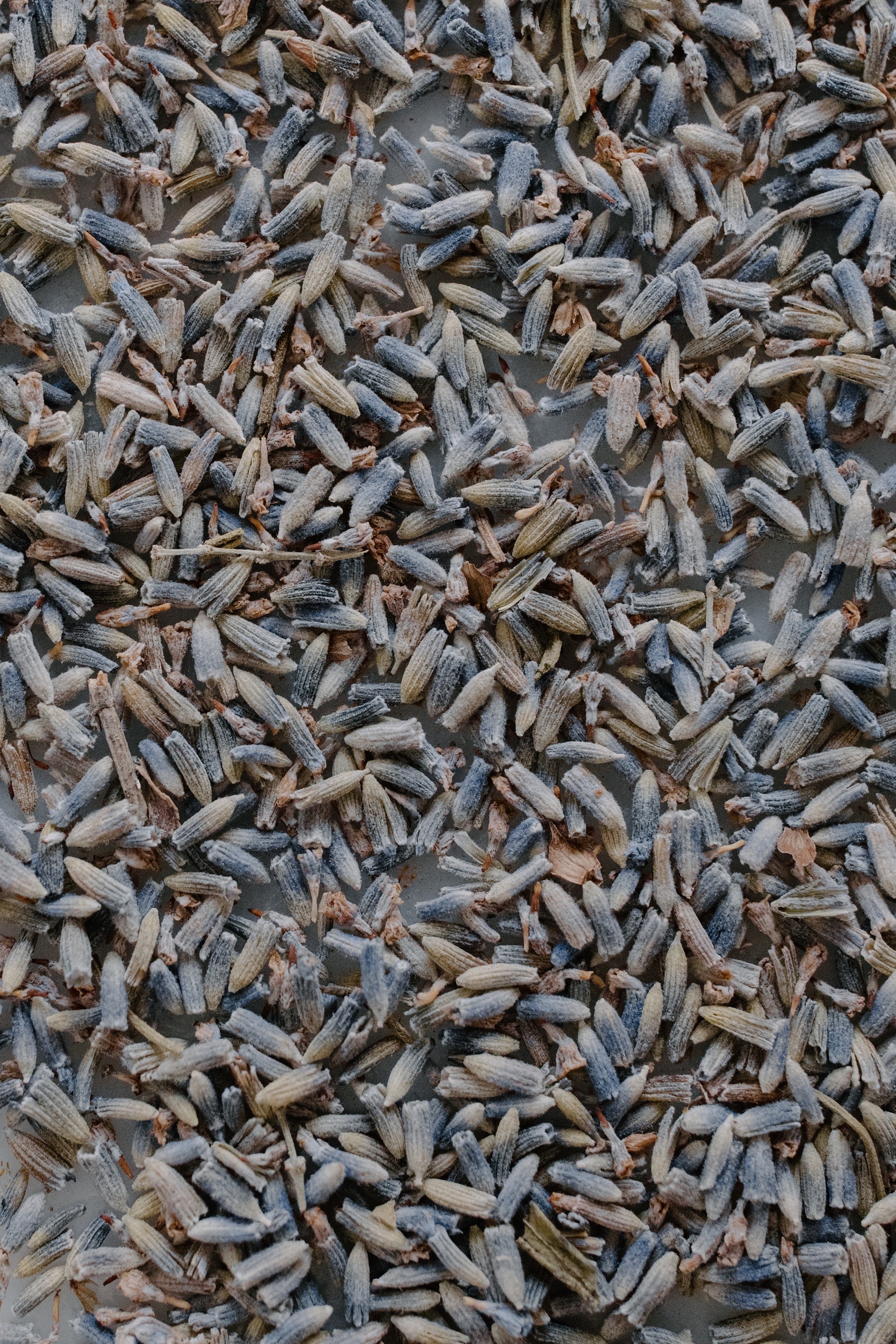
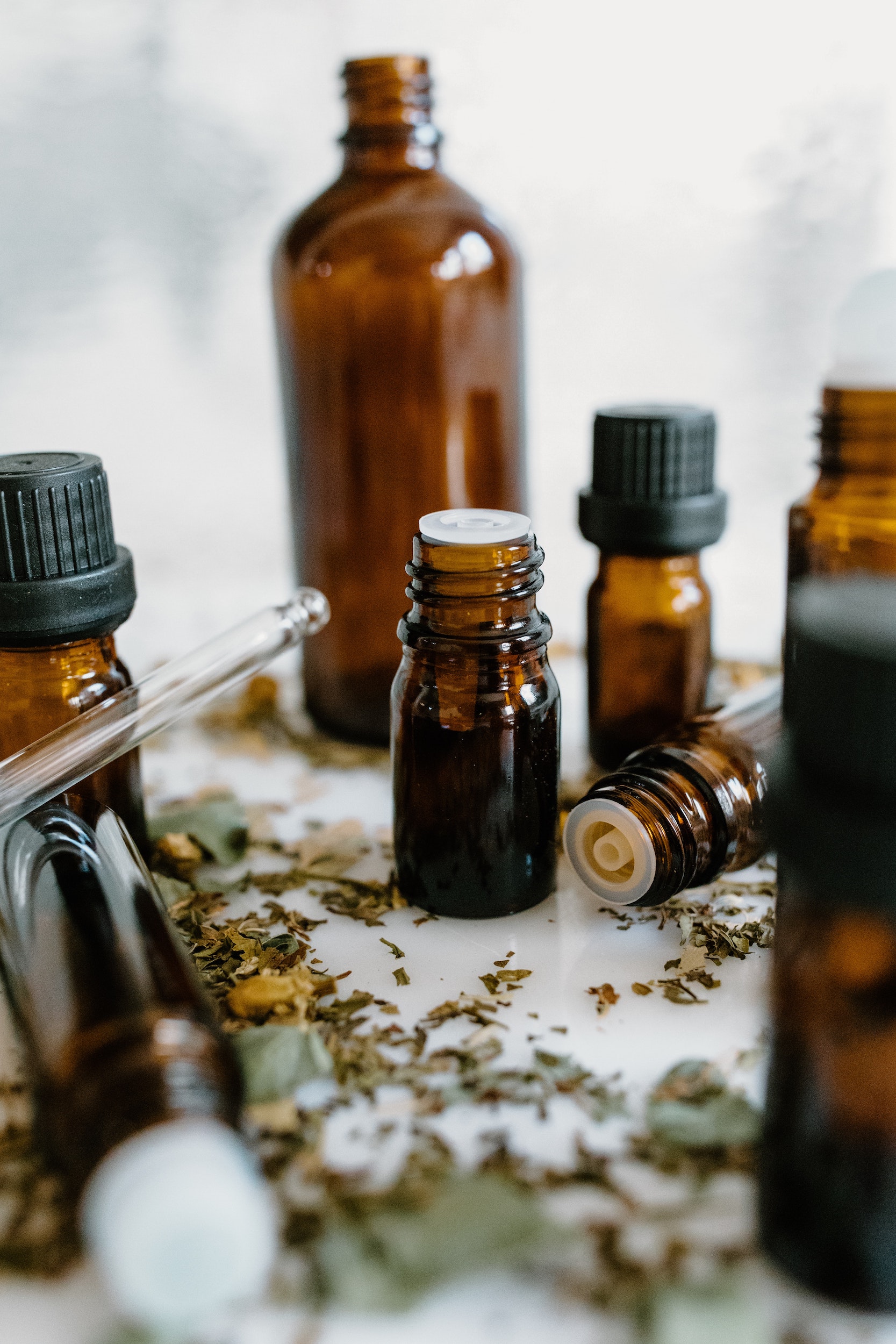
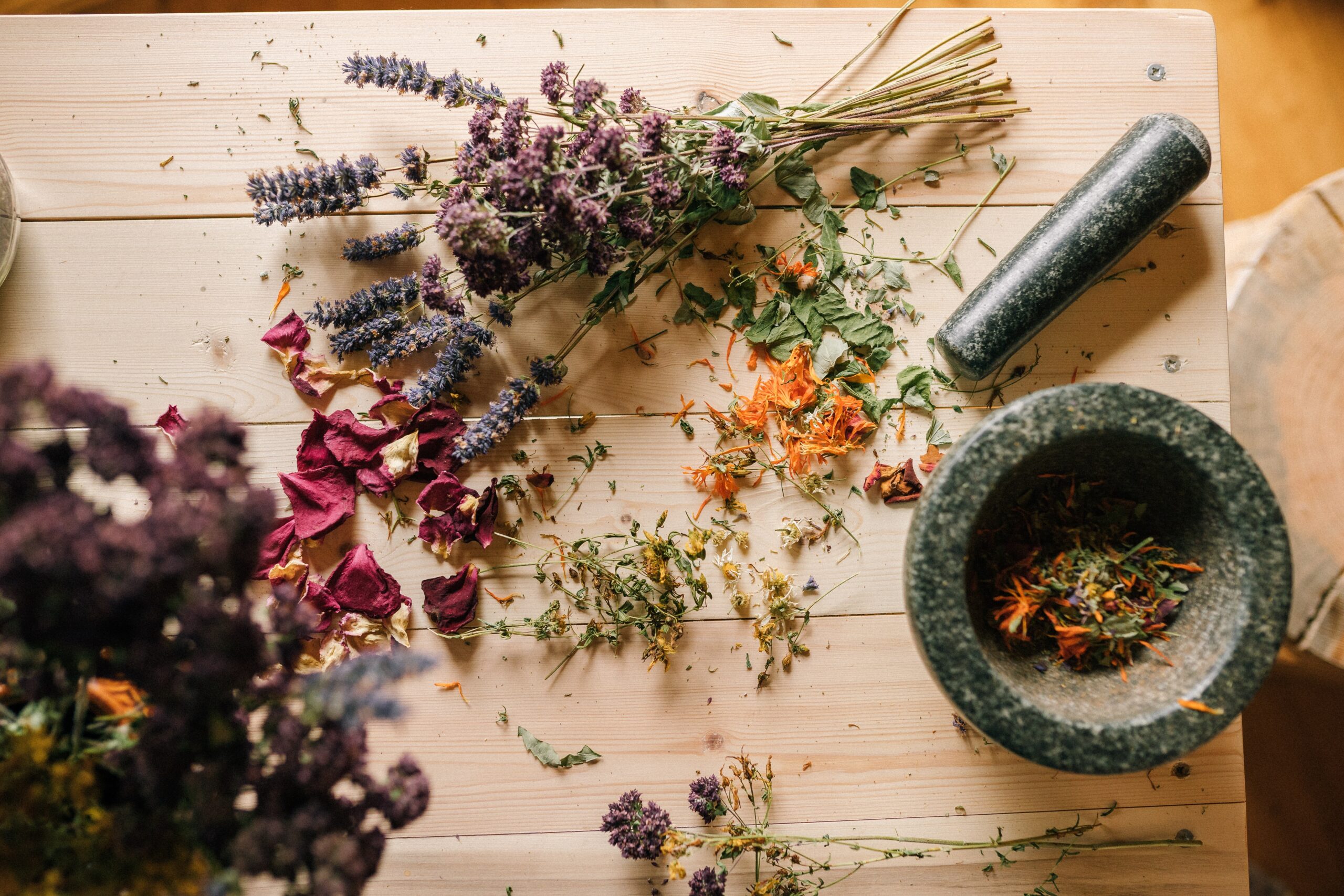
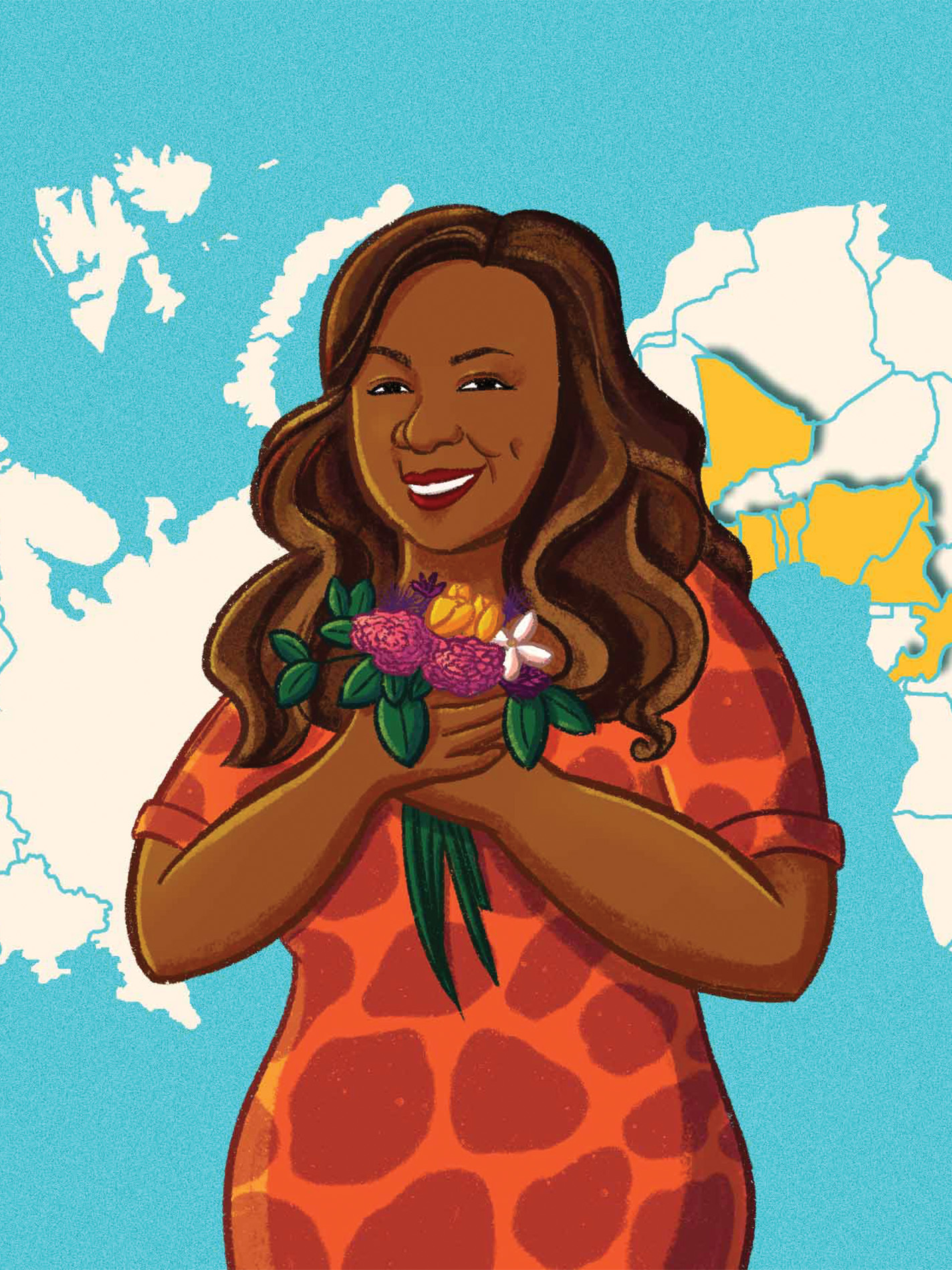
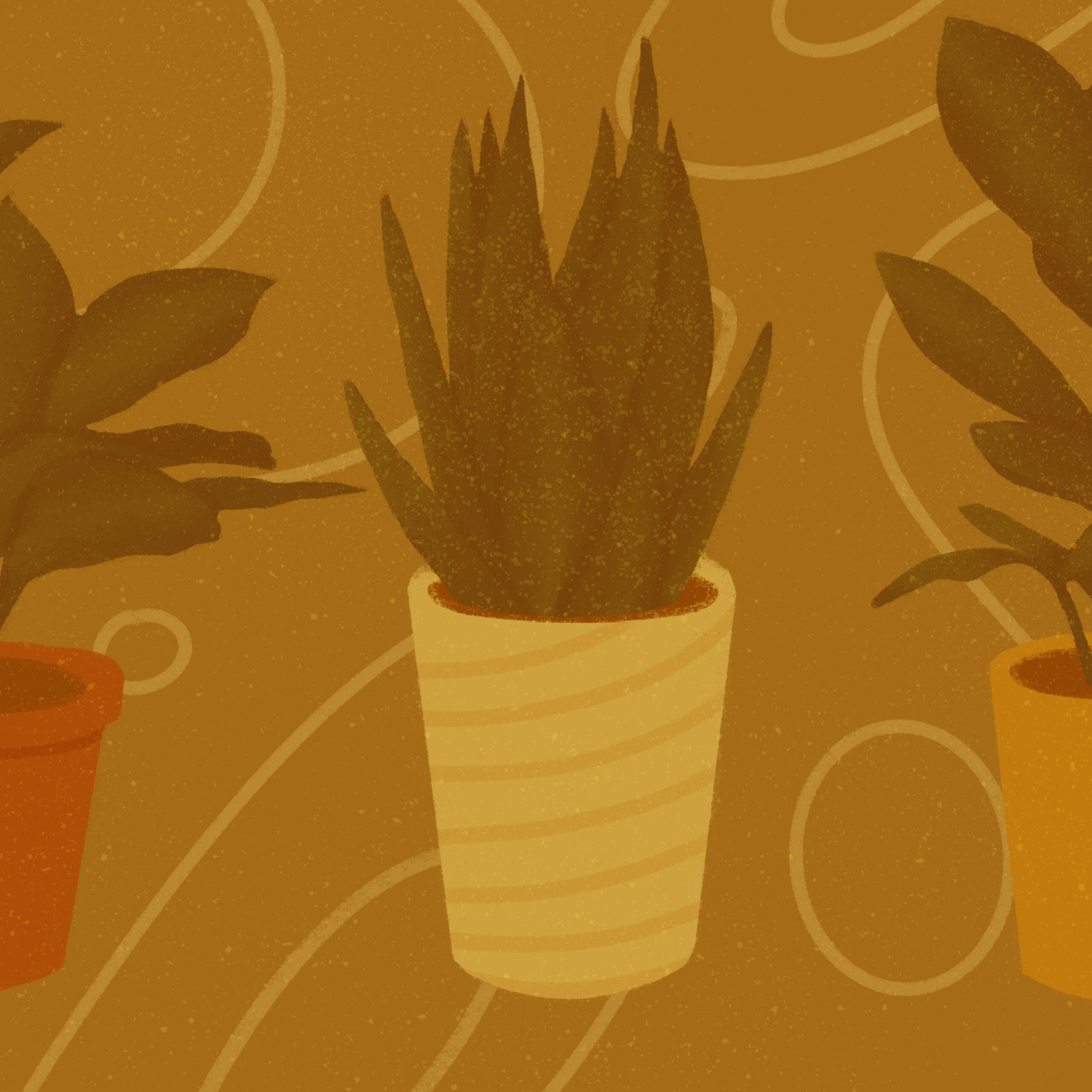
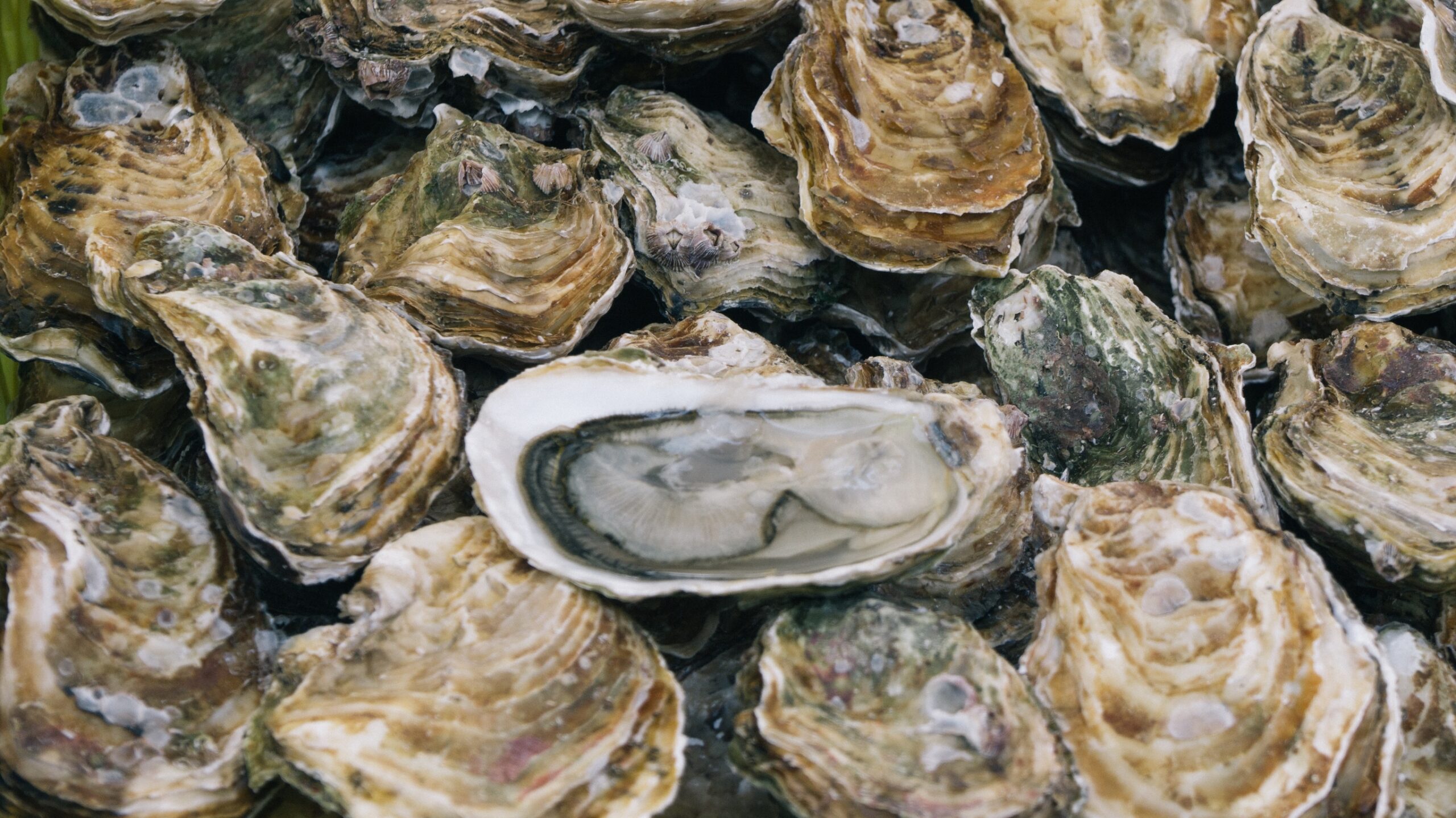
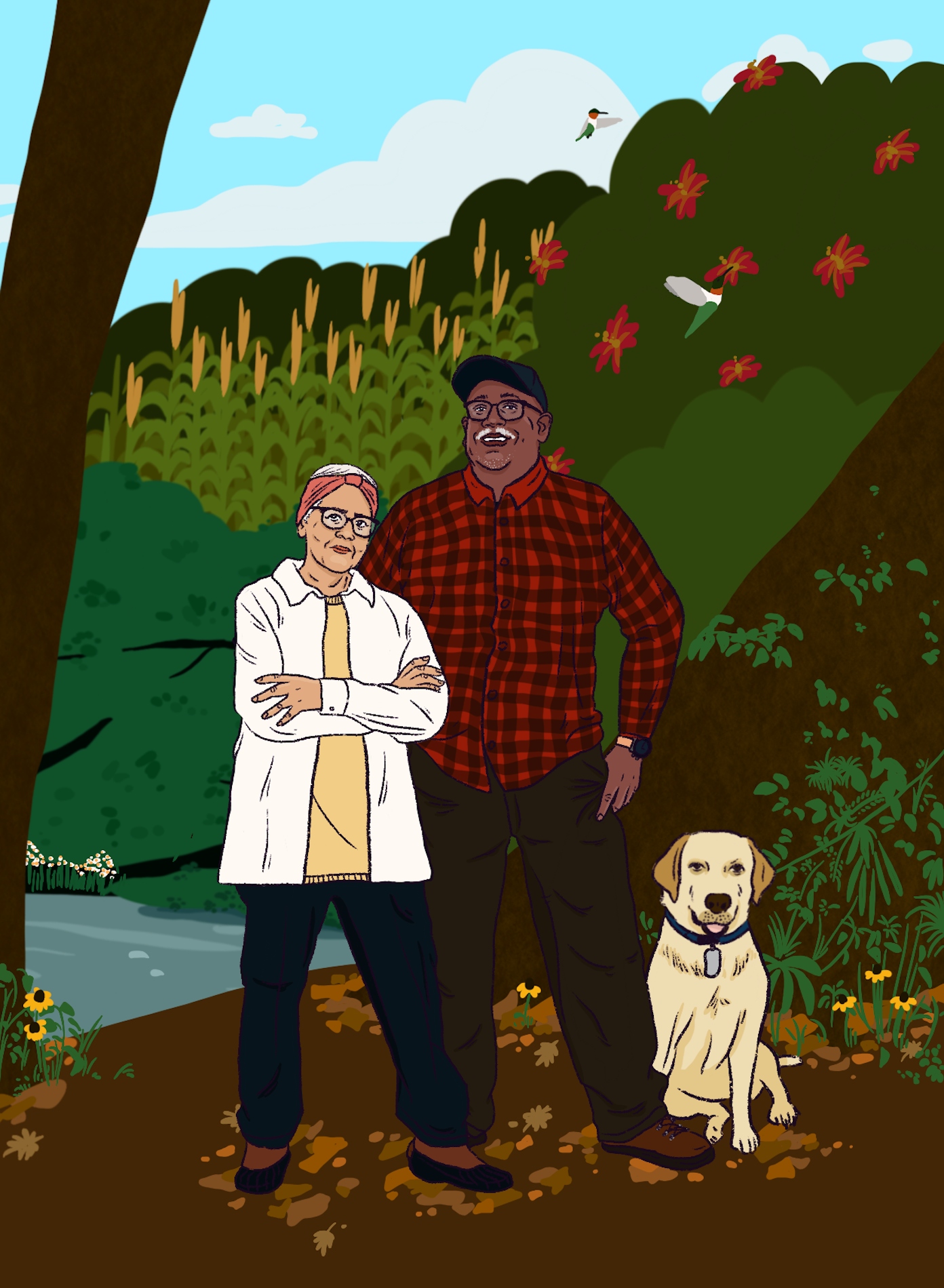
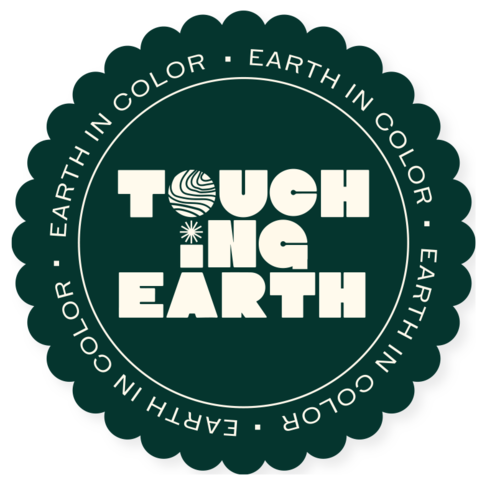

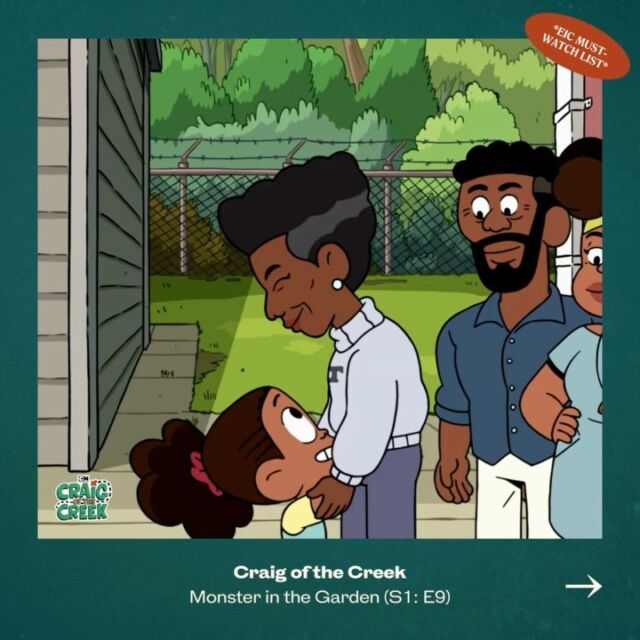
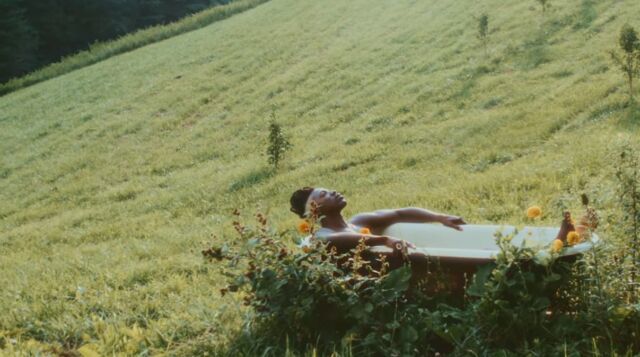

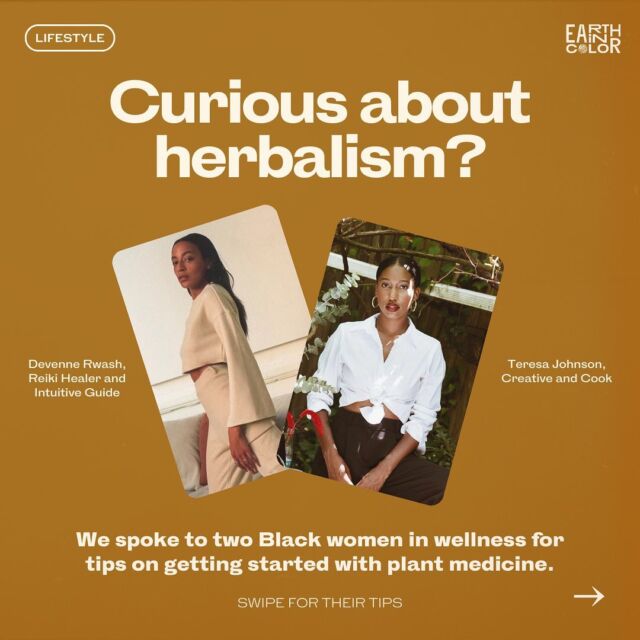
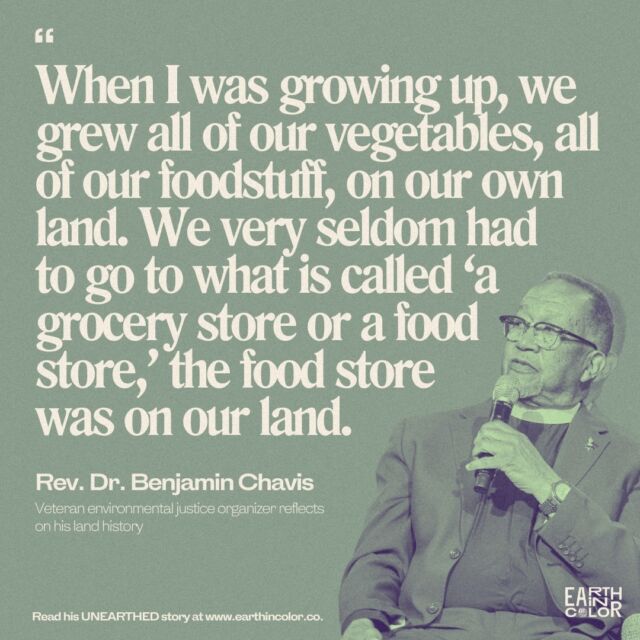
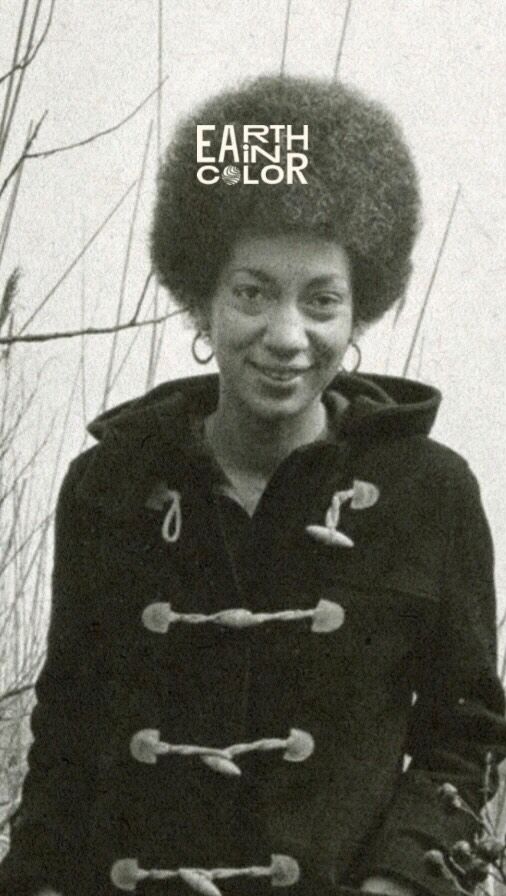
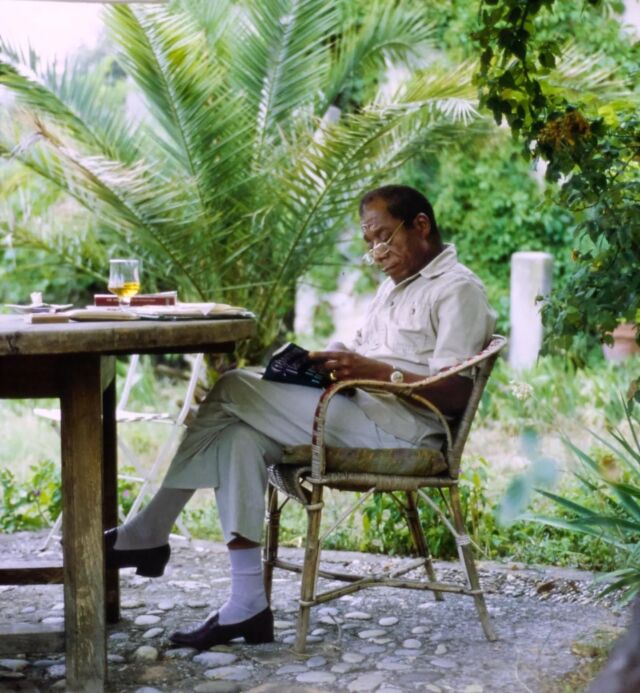
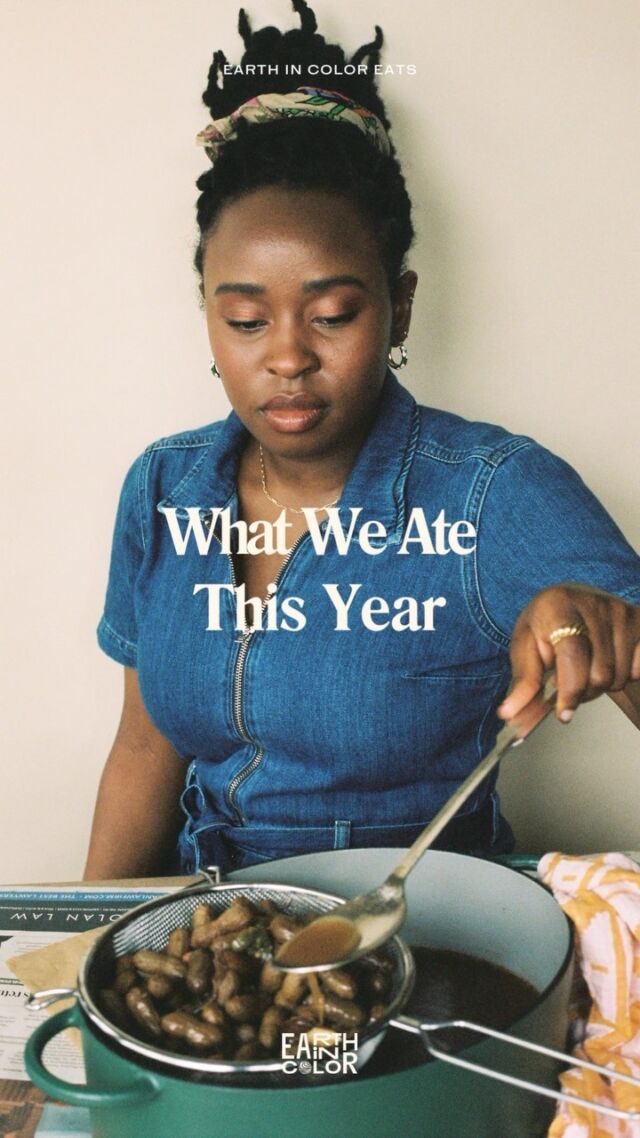


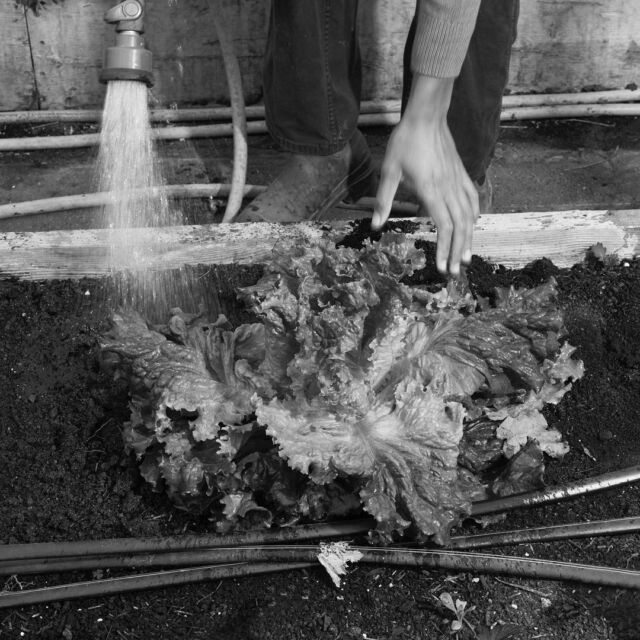
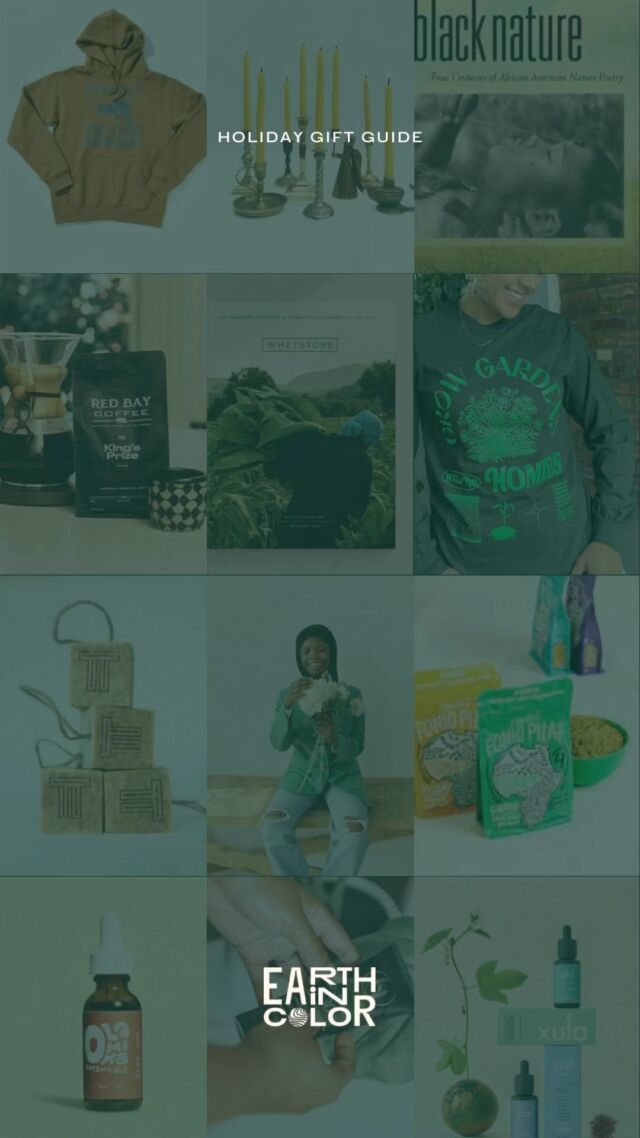
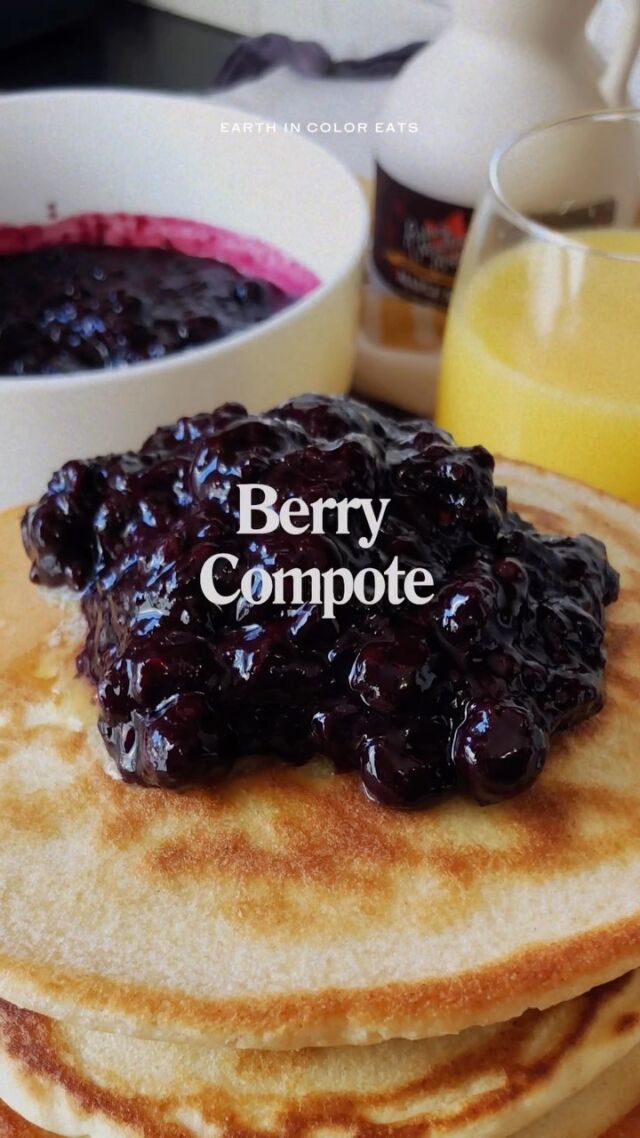
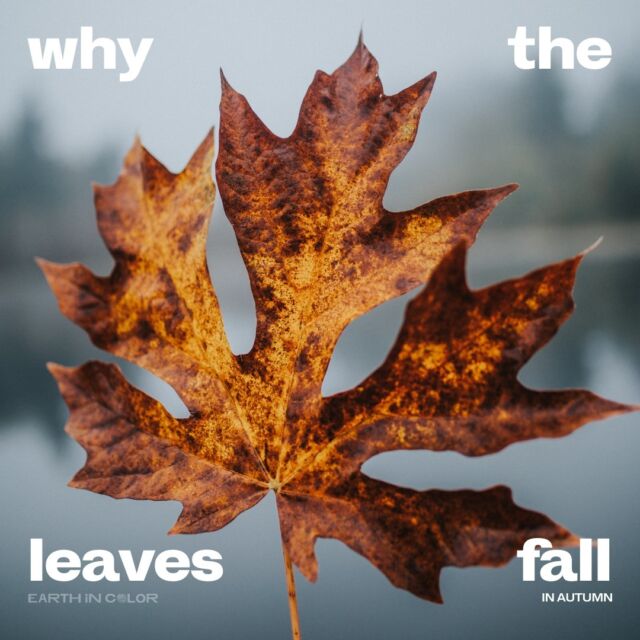
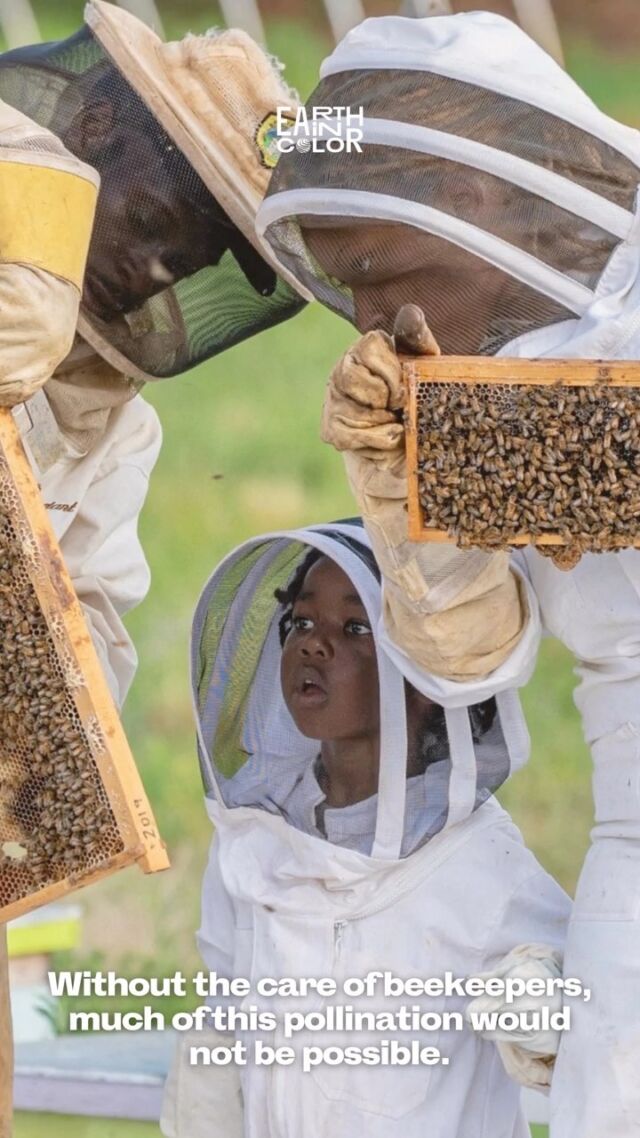
![Did you know you could be buying fake honey? 👀🍯
According to @detroithives co-founder Timothy Paule Jackson, “ninety percent of most honey that you get in big box stores is fake.” To make sure you’re getting the real stuff, he suggests checking out the nutrition label. Fake honey will have ingredients like “high fructose corn syrup, peach syrup, [and] it’ll have some type of sugar.” Avoid honey labeled as “pure” or “pasteurized,” and instead look for words like “raw” or “local.”
And with winter approaching, it’s the perfect time to stock up — not only is it full of vitamins and minerals, but real honey can also be used as a remedy for sore throats and coughs. Swipe to check out some of our favorite Black-owned bee farms and Black beekeepers selling the good stuff 🐝🍯](https://earthincolor.co/wp-content/uploads/sb-instagram-feed-images/314552686_126502226881255_7598404171432106028_nfull.jpg)

